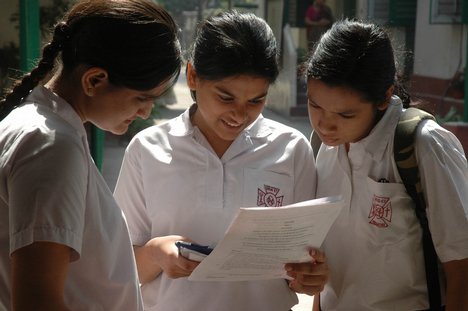
From the next academic year, Mathematics will be an optional subject for higher secondary students, while Art appreciation will be made mandatory in Maharashtra.
As per the new state curriculum framework, which is now open for public debate and feedback, Mathematics will be made optional for higher secondary students, while art appreciation be made mandatory.
The government is of the view that the present education system has always ignored Arts. Making Maths optional will be a boon for Arts-inclined students, who will then get time to pursue their creativity.
The new framework focuses on improving the ‘reference skills’ of students. The scope of every subject has widened, so students should be trained in gathering information from different sources. Instead of one text book, every subject should have text books, reference books, extra study material etc, as per the new curriculum.
Textbooks are also set to become more attractive, with lots of diagrams, pictures, a lighter and conversational tone etc. Self-study will be given importance, and Science will move from classrooms to laboratories and out on the field, through experiments and projects. The framework also calls for sensitising students to the problems plaguing India and the world. From Std 1 to Std XII, students will be expected to keep up with current affairs, India’s position on global issues, environmental concerns etc. Agriculture science will be introduced as an optional subject in junior colleges.
The curriculum aims to produce ‘employable’ students by equipping them with skills useful in the job market by revamping the ‘work experience’ syllabus. Physical education, personality development, work experience etc. will now be graded.
To encourage student participation, the curriculum recommends compulsory debates, discussions, and the use of information technology like the internet, films, CDs and DVDs. Importance will be given to spoken Marathi, and schools have to dedicate periods for the students to learn each other’s mother tongues, in the primary section. The framework also calls for teachers to be empathetic to students’ needs. It suggests that training programmes be delivered through video conferencing, teleconferencing etc. to save teachers’ time.



